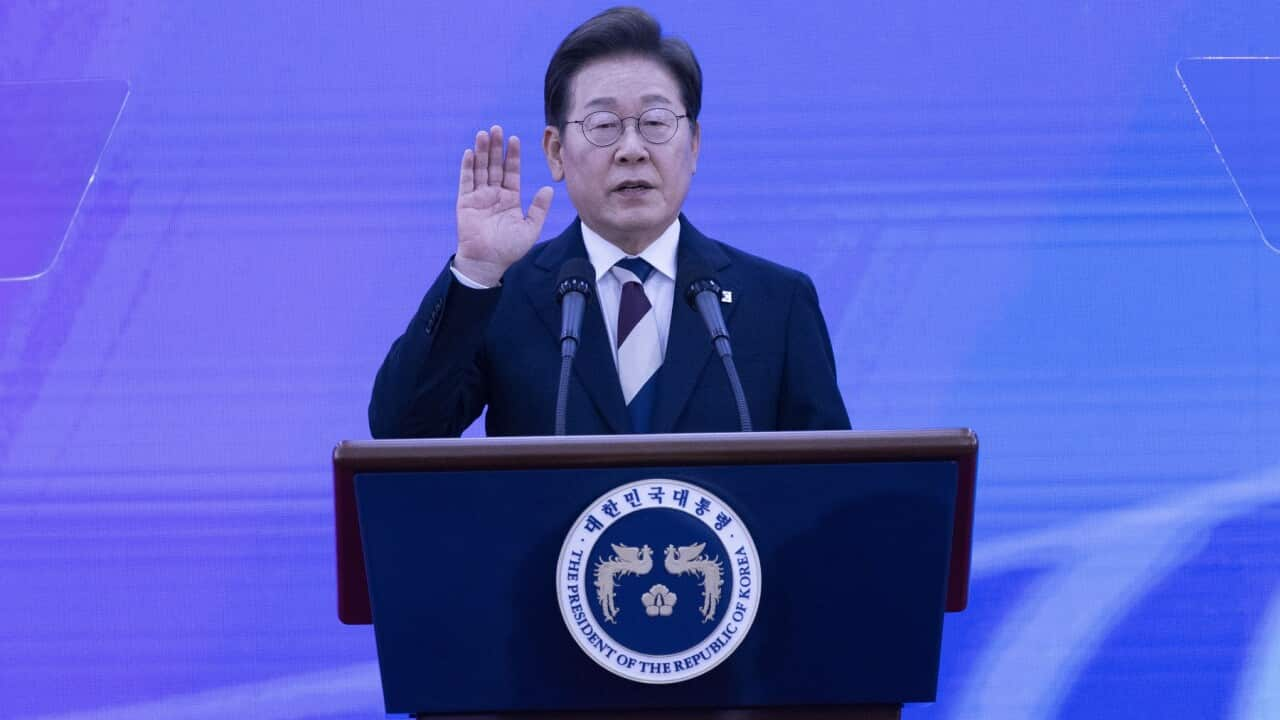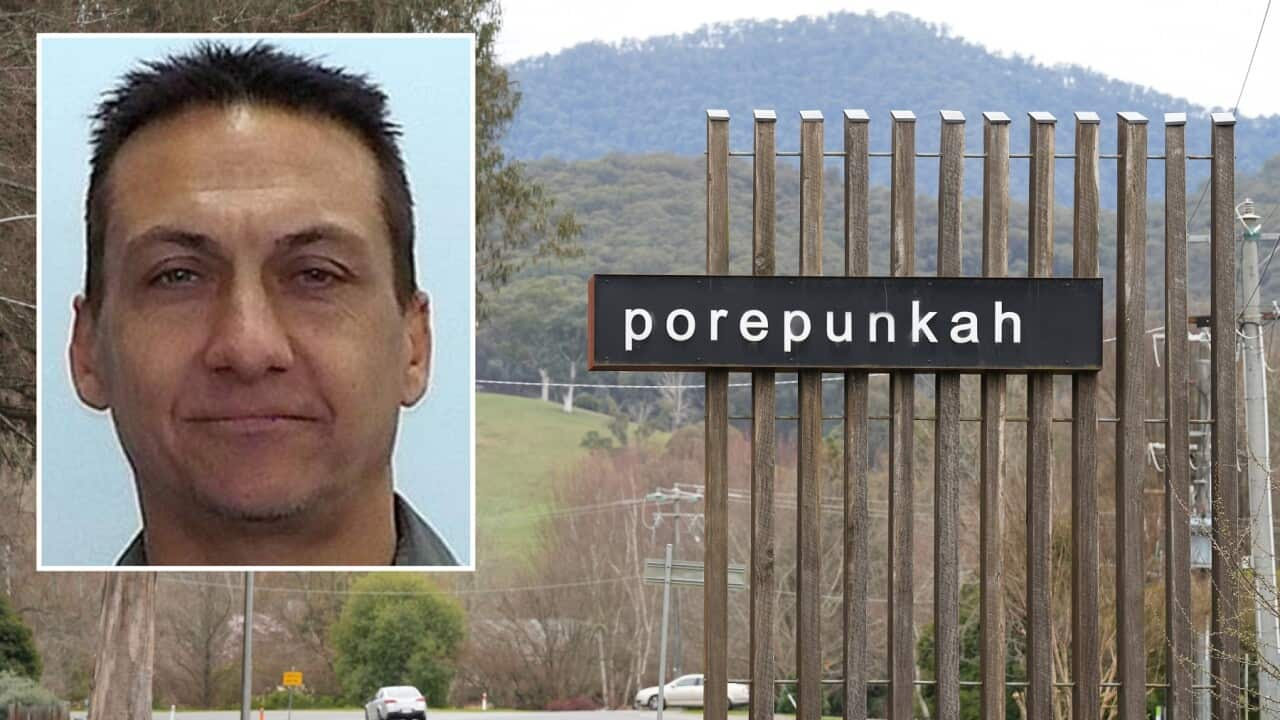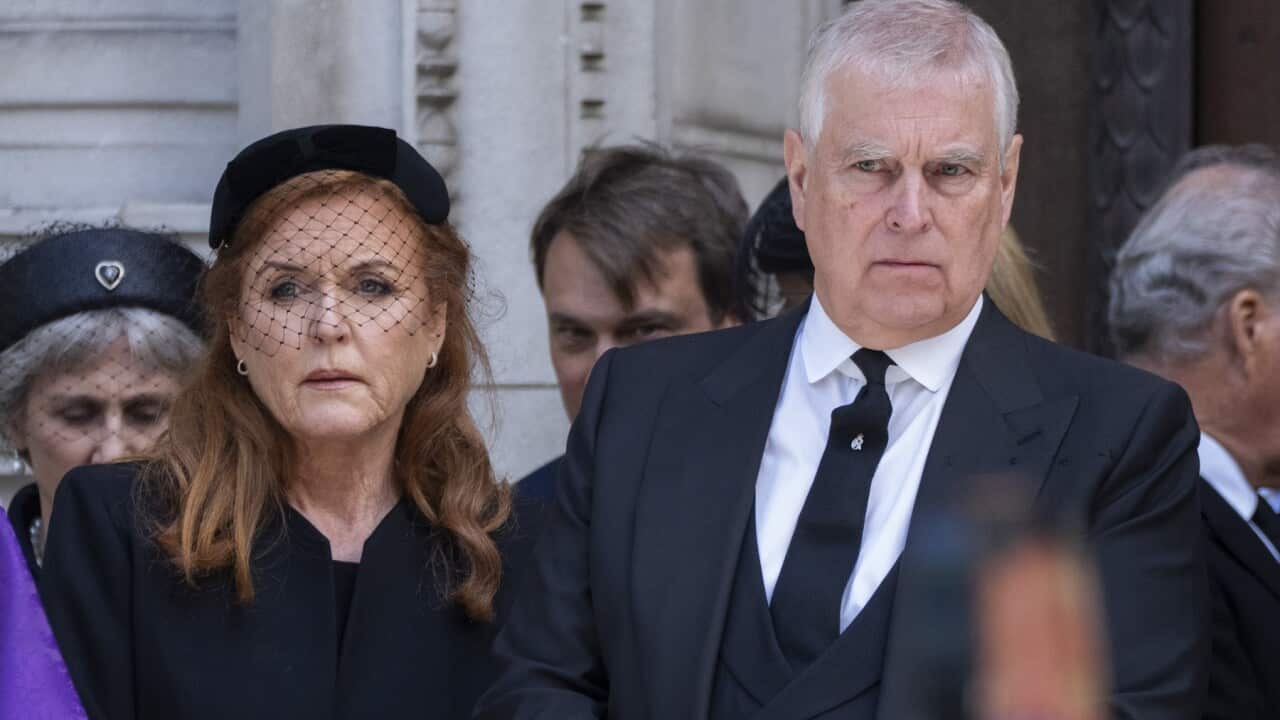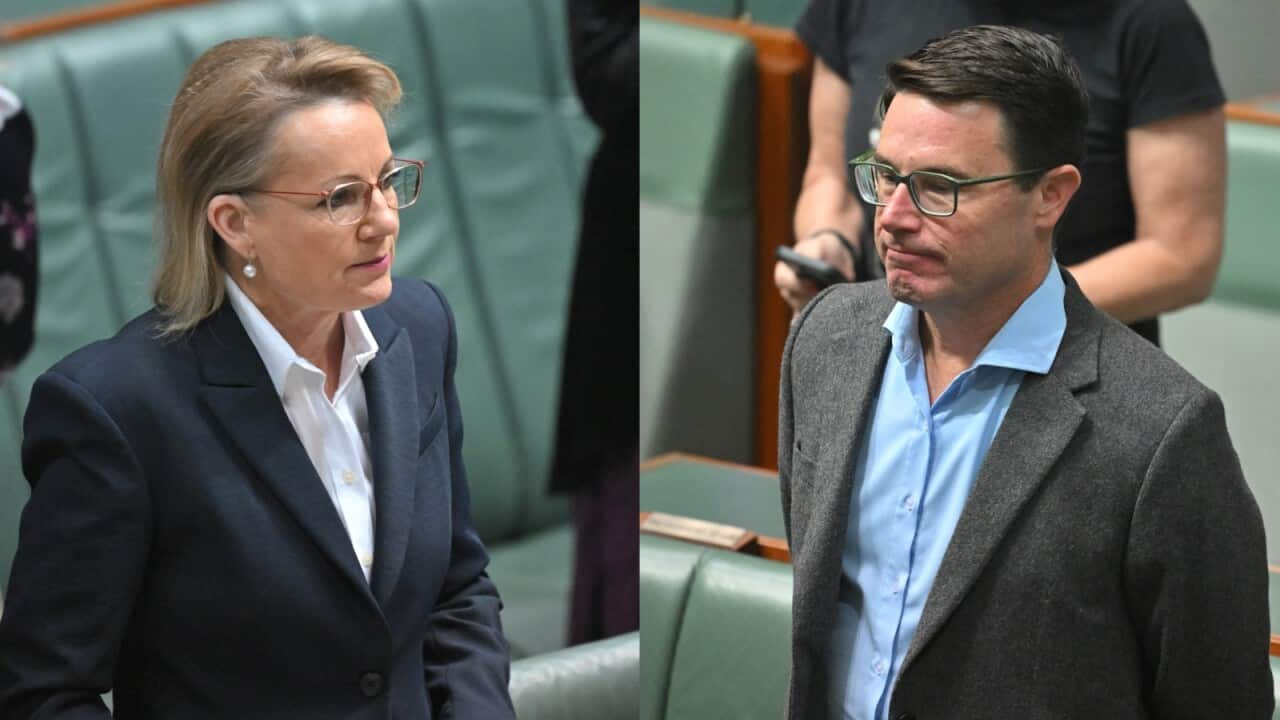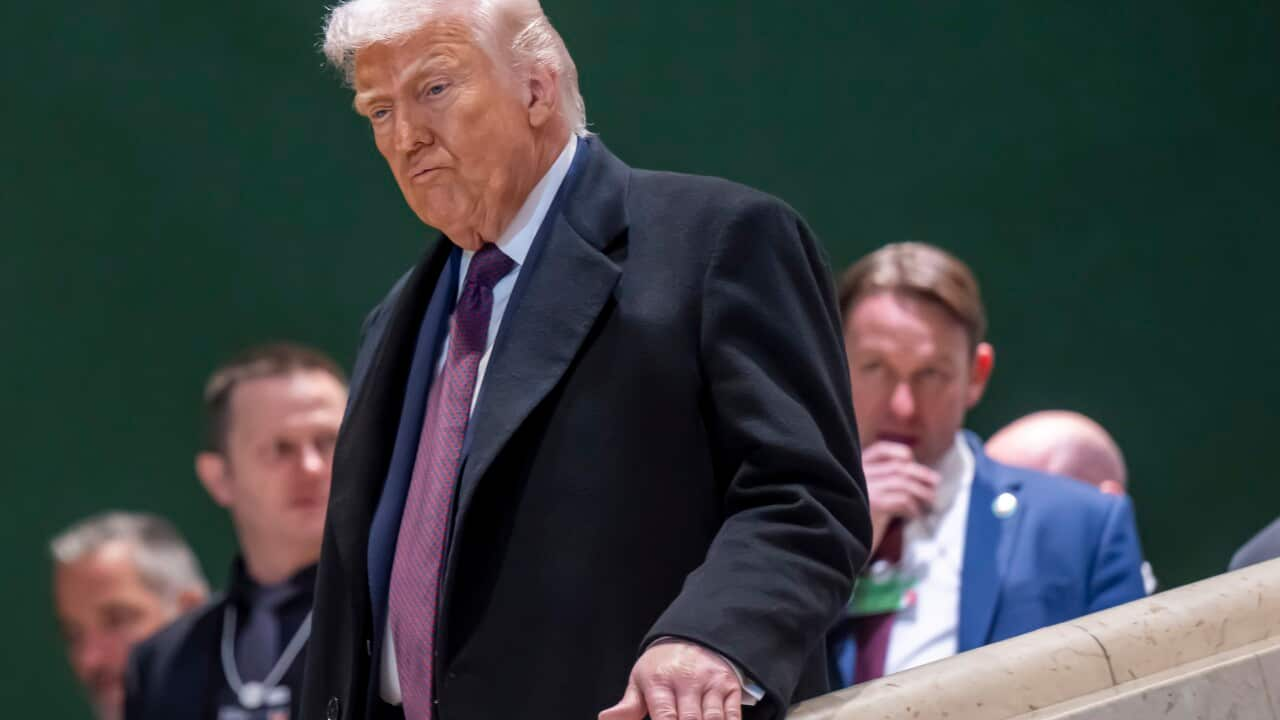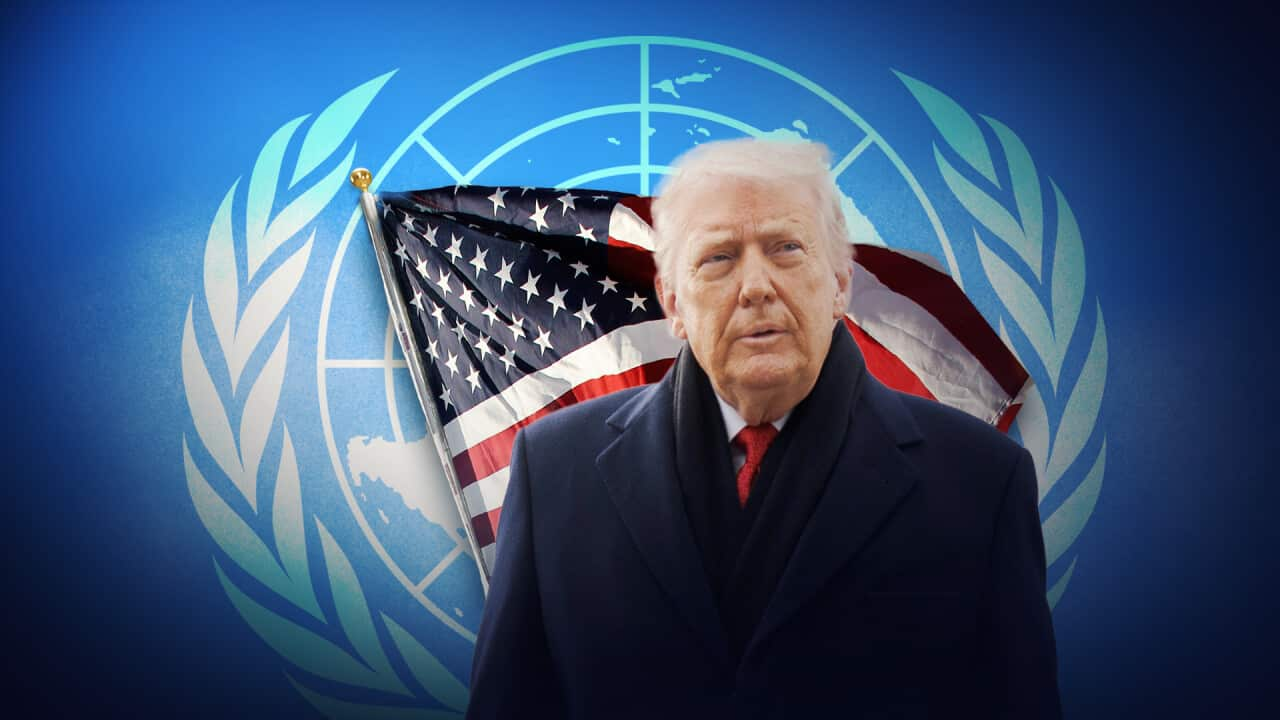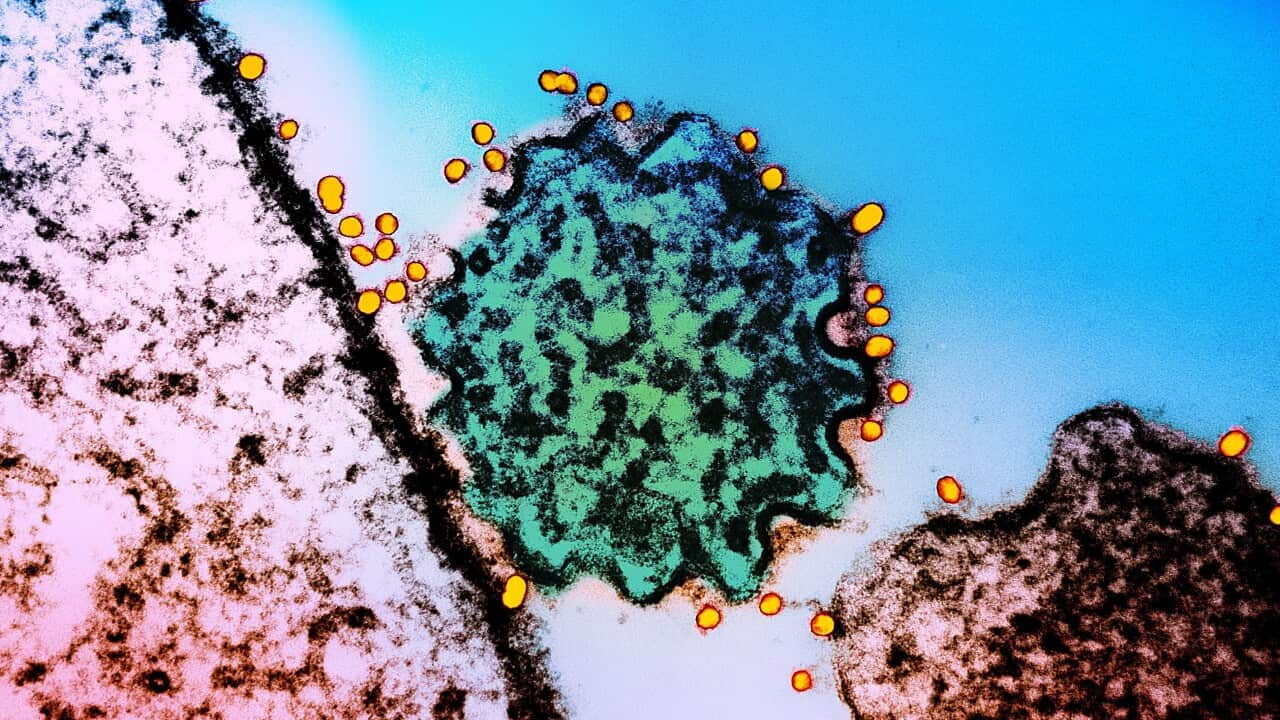Listen to Australian and world news, and follow trending topics with SBS News Podcasts.
TRANSCRIPT
Lee Jae-myung has been sworn in as South Korea's new president after winning a snap election that saw the highest voter turnout in decades.
It follows months of political tumult triggered by the previous president's brief and disastrous declaration of martial law.
The new Democratic Party president says 'overcoming the rebellion' this chaos prompted will be a key priority.
"(I will fulfil) the first mission the people have entrusted to me, which is to overcome the insurrection and make sure that there will be no military coup that threatens the people with the weapons entrusted by them."
Mr Lee is a liberal-leaning leader who replaces a conservative rival that was ousted from office in recent months.
He got straight to business with an early military briefing, expressing his hope for harmony with North Korea.
"I will look for dialogue and communication between South and North Korea, and find a way to co-exist and cooperate to find a path to shared prosperity."
The 61-year-old former human rights lawyer comes to the presidency at a troubled time.
In addition to tensions with North Korea, there's the constitutional crisis that has divided the country and sparked rolling protests and high-profile court cases.
Mr Lee previously ran for president in 2022, when he was defeated by the previous president, Yoon Suk Yeol, whose short-lived declaration of martial law ultimately saw him booted from office.
This time, Mr Lee won 49.42 per cent of the vote to triumph over his conservative rival Kim Moon-soo, who won 41.15 per cent.
Mr Kim accepted defeat in a speech to the media.
"I humbly accept (the) people’s choice. I want to congratulate candidate Lee Jae-myung, who was elected. I will never forget your heartfelt support. I am grateful for the dedication of party comrades' who chose me (as the candidate). Despite constant crisis, South Korea has always made great step forward because of people's strength. I am truly thankful for the people's overwhelming support."
Mr Lee's path to the presidency has not been without incident - last year he was injured in a brazen stabbing attack.
He also faces legal challenges - notably, corruption and breach of trust charges - dating to his time as a city mayor.
Mr Lee has denied those charges, calling them politically motivated.
And despite these headwinds, his biggest challenges lie ahead.
The new president says the economy needs urgent attention.
"I will begin with restoring people's livelihoods and reviving the economy. With the mindset of fighting a decisive battle against the recession, I will form an emergency economic response task force. With government funding acting as a catalyst, we will restore the virtuous cycle of the economy."
Unlike most South Korean parliamentarians, Mr Lee grew up in poverty, working in factories as a child, and he says this upbringing has inspired him to fight inequality.
Ordinary Koreans like 58-year-old Kim Eun-kyung say they hope he'll succeed in improving the outlook for Asia's fourth largest economy.
"Since the results came out as most people wished, I am looking forward to the politics and economy that will unfold in the future. With democracy alive, I hope the president will revive the economy, and have consideration for underprivileged citizens and small business owners. In terms of inter-Korean relations, I wish we can have friendly relations with North Korea."
On the security front, Mr Lee says he hopes to establish peace through dialogue and cooperation, but will be ready with deterrence if needed.
Key to that will be his plans to strengthen trilateral security arrangements to help deter South Korea's nuclear-armed northern neighbours.
"On the foundation of a solid Korea-U.S alliance, I will strengthen the trilateral alliance between South Korea, the United States, and Japan. When it comes to relations with neighbouring countries, I will take a pragmatic and national interest-oriented approach."
